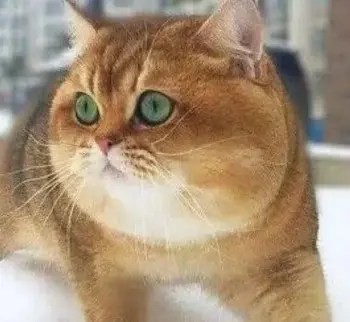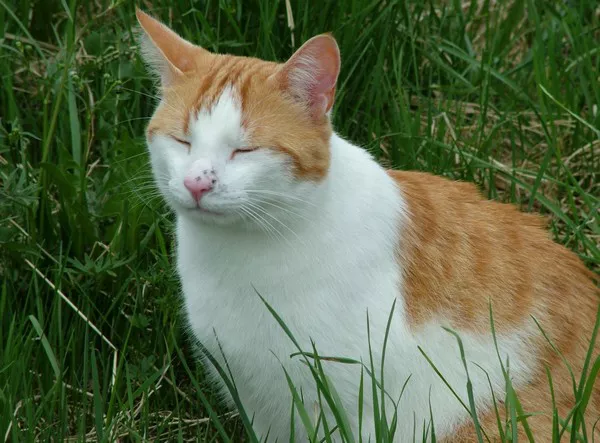Caring for a nursing cat, or queen, is a rewarding yet demanding task that requires a keen understanding of her nutritional needs. During lactation, a cat’s dietary requirements change significantly to support her health and the growth of her kittens. This essay will explore the essential components of a nursing cat’s diet, including the types of food to provide, the importance of hydration, and specific nutritional needs that arise during this critical period. We will also discuss common challenges and considerations for feeding nursing cats, ensuring that both mother and her kittens thrive.
Understanding Lactation in Cats
Lactation is the process by which a mother cat produces milk to feed her kittens. This process begins shortly after giving birth and can last anywhere from 6 to 12 weeks, depending on the breed and individual circumstances. During this time, the queen’s body undergoes significant changes, both physically and hormonally, to support milk production.
Nutritional Demands
A nursing cat requires approximately two to three times the calories she would normally consume. This increase is necessary to produce sufficient milk for her growing kittens. The composition of her diet during this period is crucial, as it directly impacts her health and the health of her kittens.
Key Nutritional Components
High-Quality Protein
Protein is the cornerstone of a nursing cat’s diet. It is essential for tissue repair, muscle maintenance, and the production of milk. Cats are obligate carnivores, meaning they thrive on animal-based proteins. A nursing cat should be fed high-quality commercial cat food that lists a specific meat source as the first ingredient.
Recommended Protein Sources:
Chicken: A common and palatable option that provides essential amino acids.
Turkey: Another excellent source of protein that is often well-accepted by cats.
Fish: Rich in omega-3 fatty acids, which are beneficial for both the queen and her kittens.
Fats
Fats are a concentrated source of energy, which is particularly important for nursing cats. They also play a vital role in the absorption of fat-soluble vitamins (A, D, E, and K) and provide essential fatty acids.
Recommended Fat Sources:
Animal Fats: Such as chicken fat or fish oil, which are easily digestible and palatable.
Vegetable Oils: Such as flaxseed oil or canola oil, can be included for additional omega-3 fatty acids.
Carbohydrates
While cats do not require carbohydrates in their diet, they can provide a useful source of energy. However, the focus should remain on high-quality, digestible carbohydrates.
Recommended Carbohydrate Sources:
Rice: A digestible carbohydrate that can provide energy without causing gastrointestinal upset.
Sweet Potatoes: A nutritious option that offers vitamins and fiber.
Vitamins and Minerals
A well-rounded diet for a nursing cat must also include essential vitamins and minerals to support her health and milk production.
Key Nutrients:
Calcium and Phosphorus: Crucial for bone health, especially in growing kittens. A nursing cat needs increased calcium to support milk production.
B Vitamins: Important for energy metabolism and overall health.
Vitamin E: Acts as an antioxidant and supports immune function.
Water
Hydration is critical for a nursing cat. Milk is primarily composed of water, and a queen must drink plenty of fluids to maintain her milk supply. Fresh, clean water should always be available.
Types of Food for Nursing Cats
When it comes to feeding a nursing cat, there are several options available, each with its advantages and considerations.
Commercial Cat Food
High-quality commercial cat food is often the most convenient and nutritionally balanced option for nursing cats. Look for formulas specifically designed for kittens or pregnant/nursing cats, as these typically contain higher levels of protein and fat.
Dry Food vs. Wet Food
Dry Food: Convenient and can help keep teeth clean, but ensure it is high in protein and fat.
Wet Food: Often more palatable and hydrating, making it an excellent choice for nursing cats.
Homemade Diets
Some owners may choose to prepare homemade diets for their nursing cats. While this can provide fresh ingredients, it is crucial to ensure that the diet is balanced and meets all nutritional needs. Consulting with a veterinarian or a pet nutritionist is highly recommended when considering homemade diets.
Supplements
In some cases, nursing cats may benefit from additional supplements, particularly if they are not receiving adequate nutrition from their diet. Common supplements include:
Calcium Supplements: To ensure adequate calcium intake.
Fish Oil: For omega-3 fatty acids, beneficial for both the mother and her kittens.
Feeding Strategies
Frequency of Feeding
Nursing cats should have access to food at all times, as they may eat smaller amounts throughout the day. It is essential to monitor their food intake and adjust as necessary to ensure they are consuming enough calories to support milk production.
Portion Control
While it is important to provide ample food, portion control is also necessary to prevent obesity, especially if the nursing period is prolonged. Regularly assess the queen’s body condition and adjust her food intake accordingly.
Monitoring Weight and Health
Regularly monitoring the nursing cat’s weight and overall health is crucial. If she appears to be losing weight or not producing enough milk, consult a veterinarian for guidance.
Common Challenges
Loss of Appetite
Some nursing cats may experience a decrease in appetite, especially if they are stressed or uncomfortable. Providing a quiet, safe environment can help alleviate stress. Offering a variety of foods may also encourage eating.
Milk Production Issues
If a nursing cat is not producing enough milk, it can lead to malnourished kittens. This may be due to inadequate nutrition, stress, or health issues. In such cases, consulting a veterinarian is essential. They may recommend dietary adjustments or even supplements to boost milk production.
Health Complications
Nursing cats are at risk for certain health complications, such as mastitis (inflammation of the mammary glands) or other infections. Regular veterinary check-ups are important to catch any potential issues early.
Conclusion
Feeding a nursing cat requires careful consideration of her unique nutritional needs. A balanced diet rich in high-quality protein, fats, vitamins, and minerals is essential for supporting both her health and the healthy growth of her kittens. By providing the right type of food, ensuring proper hydration, and monitoring her health, cat owners can help ensure a successful nursing period. With the right care and attention, both the queen and her kittens can thrive, laying the foundation for happy and healthy lives.
In summary, nurturing a nursing cat goes beyond just providing food; it involves understanding her needs and creating an environment where she can flourish as a mother.
Related topic:



























